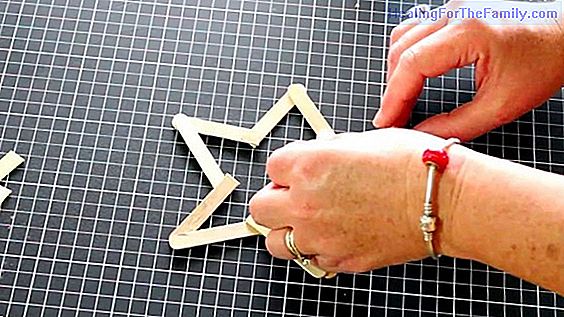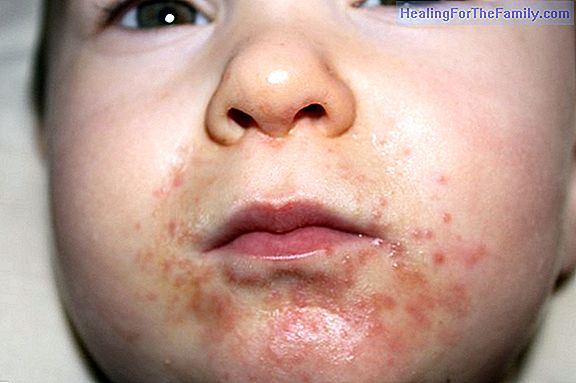Children who bite everything they have at their disposal
Some children constantly bite any object that surrounds them, such as pencils, sleeves, nails, toys, etc. This situation worries many parents who do not know what to do to correct the biting behavior of their child and, in addition, may favor the child suffering from an infection, injuring his or he
Some children constantly bite any object that surrounds them, such as pencils, sleeves, nails, toys, etc.
This situation worries many parents who do not know what to do to correct the biting behavior of their child and, in addition, may favor the child suffering from an infection, injuring his or her teeth or suffering from digestive problems as a result of introducing your mouth any object in order to moderlo.
Why some children bite everything they have at their fingertips

In early childhood, the action of biting objects is an absolutely normal thing that takes place mainly when children find themselves in the teething phase or when they need to explore their environment. As we know, this behavior is done to relieve the pressure or pain they feel in the gums.
However, if the child is no longer in teething stage, he may continue to bite objects for many reasons.
But, if it persists during the preschool period, it is most likely that the biting behavior is an escape route that the child's brain has found to dampen negative emotions such as stress, anxiety, boredom, nervousness, frustration or fear.
It is common for this type of behavior to be observed in children. Mainly because they still do not have enough skill, due to their young age, to handle their anxiety or any other negative emotion. And, therefore, are unaware of other more effective and adaptive alternatives to release tension.
Other times, children learn that when they bite some object they automatically get the attention of their parents, since they begin to observe them and direct their attention so that they stop biting. So it is possible that they use this behavior also to draw the attention of the parents.
What can parents do to stop the child from biting?
- The most important thing is to observe at what time of the day this behavior takes place. A careful observation of the circumstances in which the child uses bites, can give us many clues to find out what are the reasons why this behavior.
- Reinforce the child when he does not bite and perform other more adaptive behaviors. If we want a behavior to repeat itself we must reinforce it. The child must be commended when he or she conducts appropriate behavior. Therefore, if the child is not biting any object we can reward him by giving him a caress, smiling or saying it very well!
- Do not punish. Punishing a child does not imply that he learns what behaviors are most appropriate. With the punishment or the prohibition ("stop doing that right now!") Only get the child stop biting at that time but the child does not learn alternative behaviors.
- Teach new alternatives to relieve stress. We can help children feel calmer by teaching them relaxation exercises. A very useful exercise that serves to lower activation levels is Jacobson's progressive muscle relaxation. Also, it can be helpful to teach children to breathe slowly and deeply, this exercise is known as diaphragmatic breathing. Sport is a very useful escape route to lower anxiety levels and, in turn, it is highly beneficial for health, so initiating children to do some sporting activity may be a good idea.
Of course, it is very useful and important that as parents we show ourselves available and accessible so that they can come to us if they have a problem that concerns them, since Moder's behavior, as we have said before, is usually a consequence of a high level of anxiety.












